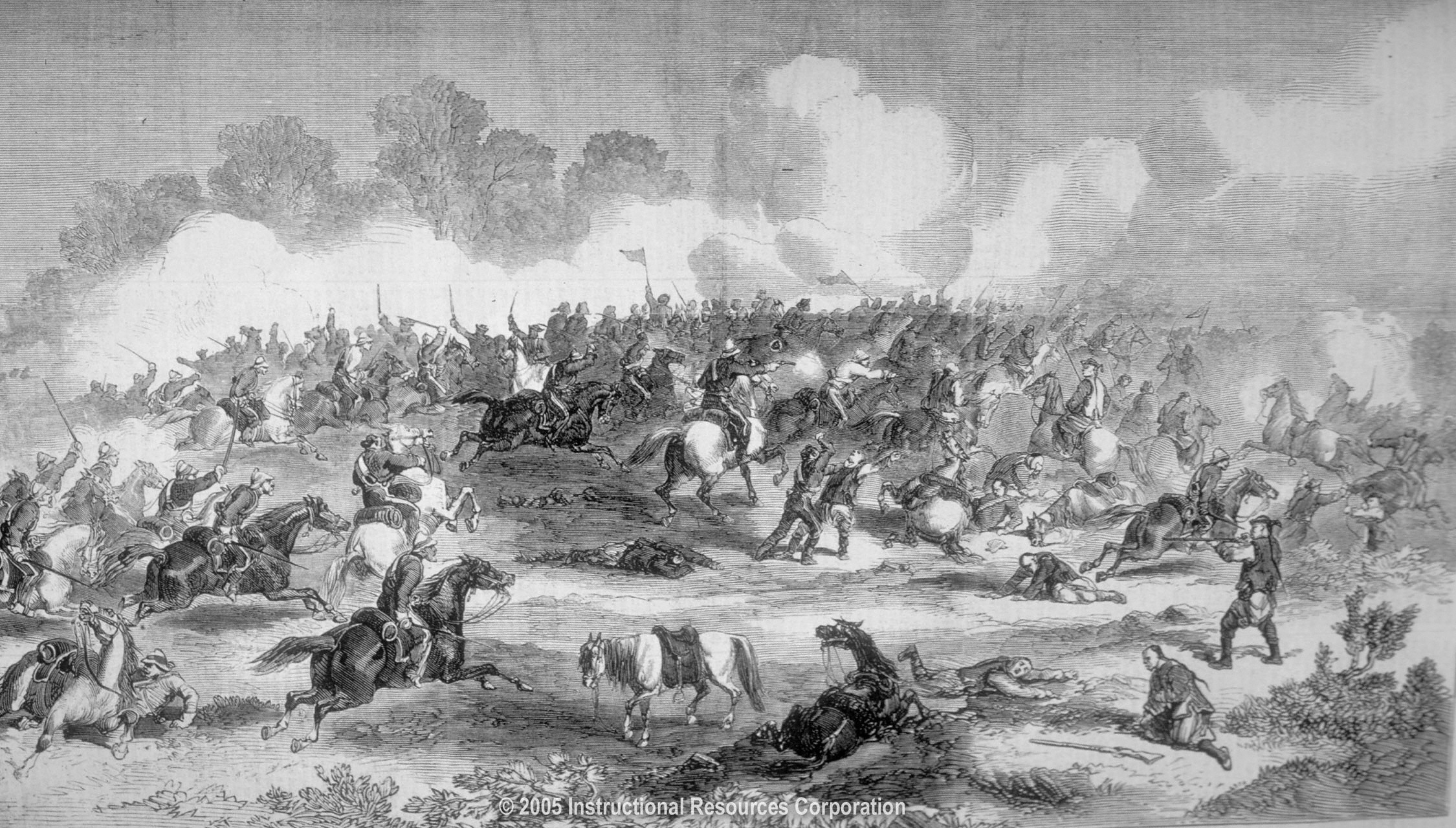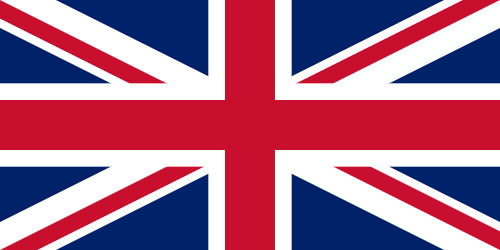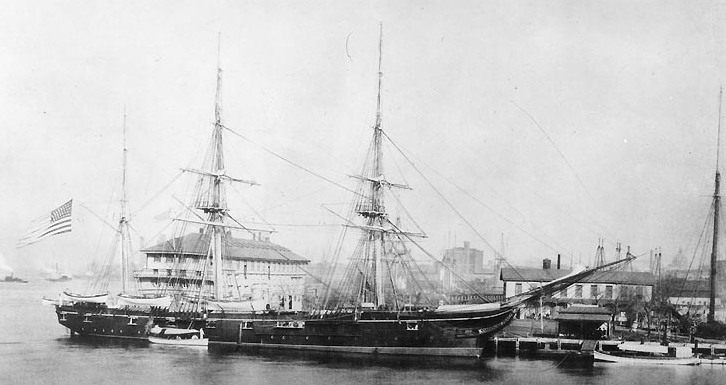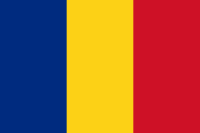
People of South Asia, our time comes! We have shown that the British Empire can be broken, that we can win the independence of our ancestors. The independence your grandfathers fought for when the British destroyed the last great independent nations of South Asia in the name of allowing a company to rule us as they saw fit. The independence your fathers and brothers fought for when the British stole what last remaining independence we had just a short few years ago, and many still fight for now! Yes the Princes of India used methods that were excessive and their use of slave labour should be condemned, but they fought for the right ideals, they fought to remove the yoke of the British Empire from us!
Now though we have our chance, one that where we can lead all the countries of South Asia into a free tomorrow, one where we can be treated with the respect the people of lands with as much history as ours deserve! Remember what Wallwork the Destroyer did to your lands, remember the mass killings the British inflicted on the people of India just years ago, remember the burning of Hyderabad, the inhuman weapons the British turned on our brothers in the city, remember the disease they spread among the people, using it as an excuse to massacre whoever they came across. Rise up and throw off the yoke and the brutality of the British Empire!
Together Peoples of South Asia, together we can have our freedom, together we can reforge our lands into a great empire which will withstand the test of time. Our Flag shall be the first to be reforged, into a symbol of the men fighting to free South Asia as we speak, the Black for the Pashtun, who fights to free his brothers scattered as far as South India and Bengal, the Green is for the Sikh, who fights to free his brothers in North India, the Orange is for the Indian, who fights to free his brothers throughout the most of the lands still repressed by the British. Together they all stand united, to free all their brothers, and those of their brothers-in-arms, from the British Tyranny. So what say you Peoples of South Asia, will you fight with your brothers and earn the freedom we deserve! Or will you continue to be weighed down by the British yoke until you are nothing more then a broken people for the British to use as they please.
Last edited:
















